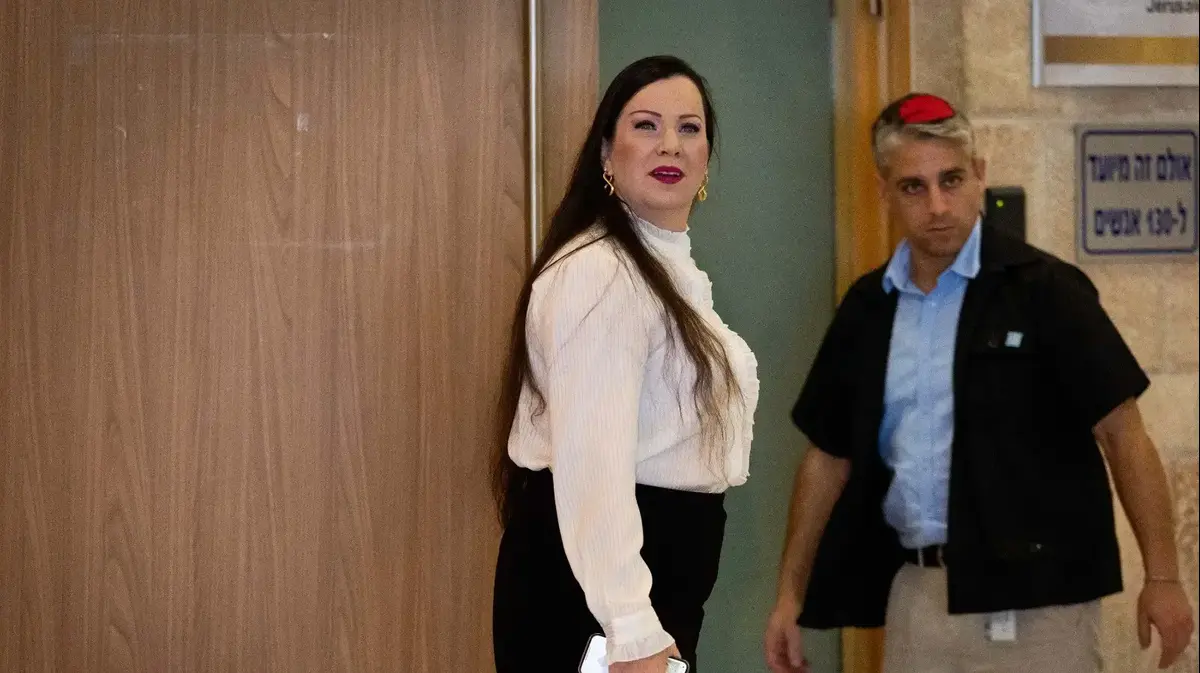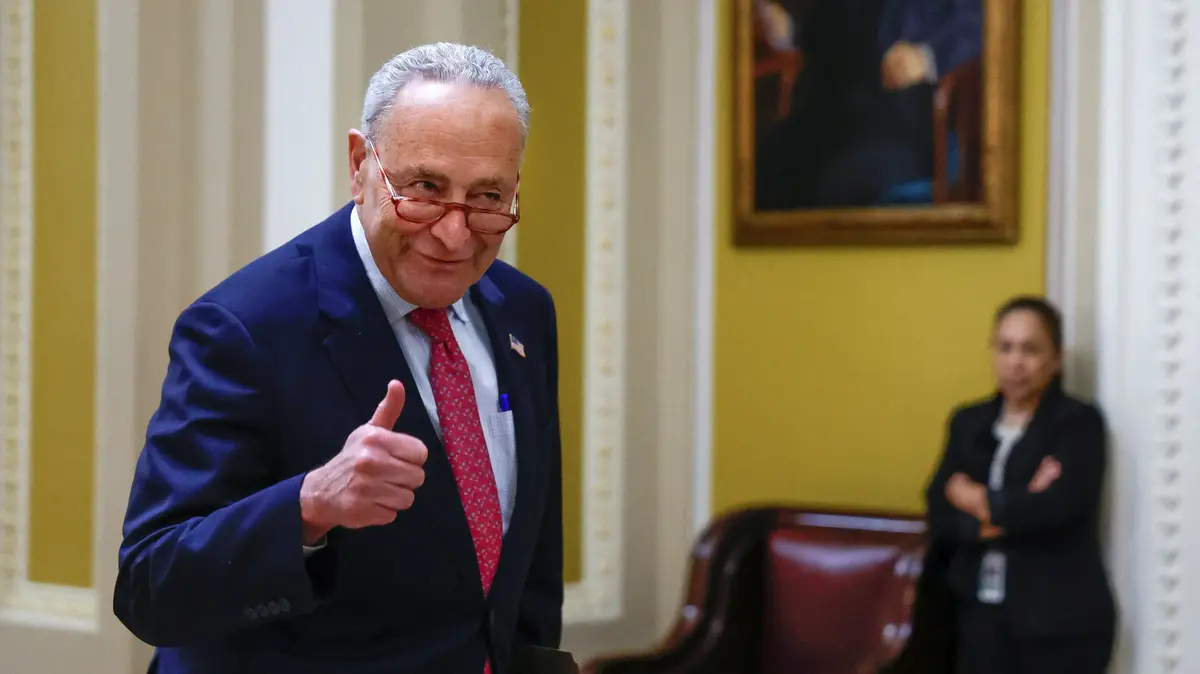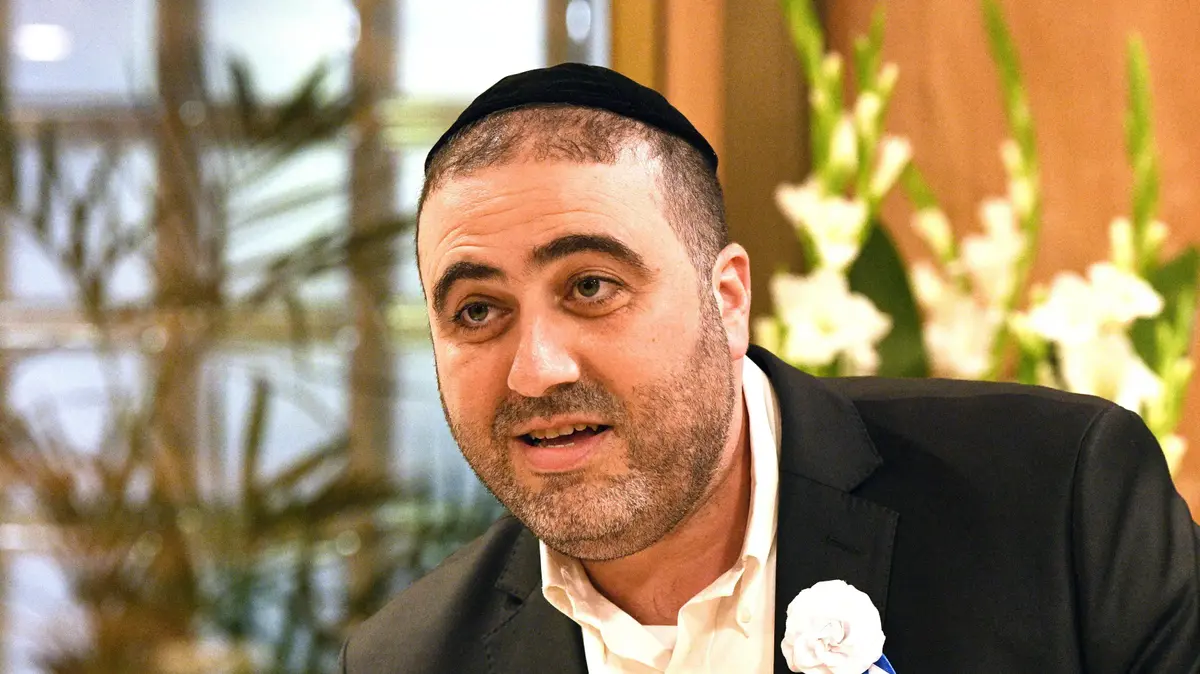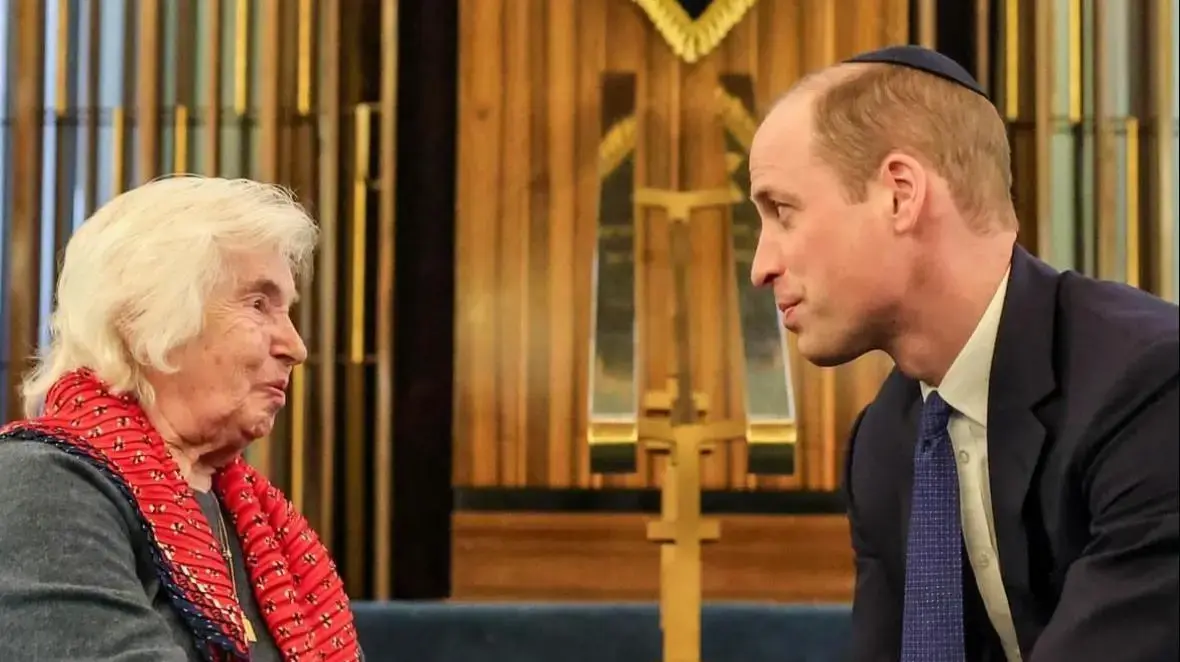In early December, dozens of conservative synagogues in the United States received an alarming message from the leaders of the movement: It is very possible, the email said, that you will have a hard time finding a rabbi for your community.
At least 80 Conservative synagogues are now looking for rabbis for next year - about one in seven synagogues affiliated with the movement.
But the supply of rabbis looking for a new position stands at only 50-60.
• Everything you need for winter on sale
"We are not presenting this information to you with the intention of frightening, but to help you prepare and face the challenges expected in the current recruitment season," read a statement signed by the heads of the "Career Search Team" of the Knesset, the Conservatives' organization, and the synagogue organization. United of Conservative Judaism, which represents about 600 communities.
Locating rabbis for synagogues in the United States is a difficult and complex dance.
Every year, dozens of graduates from the rabbinical seminars of the Conservative and Reform movements, which represent the vast majority of American synagogues, enter the market.
The movements try to adapt rabbis to communities - based on their experience, their suitability for the type of community and the desires of both parties.
Fresh graduates will, in most cases, go to smaller or more remote synagogues, while large-city-based communities will most likely benefit from veteran rabbis.
Praying in a Synagogue (Archive), Photo: Getty Images
But this year, the process has become more complicated, due to the large gap created between demand and supply.
It turns out that, as in other branches of the American economy in the era of the plague, even in the field of the Jewish rabbinate there are no working hands.
It was a combination of factors that led to the acute crisis in the rabbinical labor market.
But one of them is related to the "great resignation" phenomenon
- a massive wave of resignations across the United States, which also affected the rabbinical world and could have a significant impact on the community.
Precisely in the first year of the epidemic, the number of rabbis in the baby boom who retired fell.
Many Ilana Gerber, the director of global rabbinical development in the Knesset of Rabbis, call them "pure souls," who remained in office for the community and because it was the right thing to do in a time of crisis.
But this year the number of retirees soared, and in parallel with the continuing trend of depletion in the new generation of rabbis.
The movement's beit midrash authorizes fewer and fewer rabbis, and few of those who are authorized choose to head a synagogue and prefer instead to choose other community positions in the field of education and public activity.
Another dynamic was created as the epidemic spread: an increase in the number of rabbis who choose to retire at an early age, in addition to a significant number of rabbis who decided to leave their positions as community leaders in the middle of their careers and leave the rabbinical world.
Among those who have decided to retire, there are some who openly say that they are no longer willing to bear the uncomfortable working conditions.
One rabbi told JTA about "an atmosphere that stifles every glimmer of innovation, passion and initiative."
He added that his heart was "soured" every time only a handful of worshipers came to the synagogue on Saturdays and holidays, so he decided to leave the synagogue.
Rabbis resign from their jobs at a particularly high percentage, as the plague enters its third year, Photo: Getty Images
On the other hand, there are also rabbis who have left out of an aspiration to reap the economic fruits created by the new American reality in which countless non-traditional job opportunities have been created.
One Conservative rabbi who headed a Long Island synagogue for eight years decided to retire and set up a consulting firm.
Rabbis from New England and Minneapolis who have served as community leaders for ten years or more have declared to their communities their intention to leave office but remain in the area.
And there were also rabbis who told members of their congregations about their intention to look for other rabbinical positions, not as community leaders, mainly because of the enormous play in the Corona period.
"Many rabbis have worked tirelessly during the plague, and now they are looking for a role that will allow them to balance work and personal life," said another message sent by the Conservative movement to synagogues seeking a rabbi for their community.
"You must take care to define the needs of your community members, and on the other hand also understand the growing erosion in the entire labor market in 2021, among rabbis or in any other position."
To the rabbis who are graduates of the seminars who are currently looking for work, the leaders of the movement wrote, "Please define in advance how long you will need rest and what mental support you need, so that you can perform your work on the best side of your future community."
A synagogue in Montreal has taken an extraordinary step and published a job ad in Jerusalem, in search of the next rabbi, January 28, 2022, Photo: Screenshot
Gerber said she sympathizes with the erosion of many rabbis.
After all, she herself experienced it shortly before the outbreak of the plague, when she left the synagogue where she had worked for 15 years in West Hartford, Connecticut, and took on the role of the Conservative Rabbinical Organization.
According to her, she definitely misses certain things, like sitting next to her family members during prayers.
And yet, she found that what attracted her to the rabbinical world — the heavy responsibility of supporting members of the Jewish community in the most difficult moments — ultimately worked against her as well.
"After a while, if you do not take care of yourself, each of those difficult moments may gnaw at you until at some point you are already running on autopilot and feel broken inside," Gerber said.
For many, the epidemic has further exacerbated the difficulty of finding a balance between private life and work.
As in other professions, the rabbis also had to advise and teach from home, through the zoom, and thus the boundaries that were very thin anyway were completely erased.
Many fulfilled their role while their young children sat in the next room and attended distance learning.
At the same time, the role of many rabbis has expanded, and has included, among other things, advice on health or responsibility for the community's security against Corona, while face-to-face meetings - the heart and soul of the rabbinical leadership - have shrunk.
Recently, he also joined the hostage crisis at a synagogue in Colleaville, Texas, reminding many that their work as rabbis is accompanied by an element of real physical danger.
"Can I continue to do this for another twenty years? If you knew how many good rabbis, who feel satisfied at work, ask the same question deep in their souls, or consult with their spouses and rabbinical friends, you would feel good about the earthquake that awaits us all," Rabbi Luis Kamras wrote in October. To eJewish Philanthropy.
"Maybe it even happens in your community or organization."
Kamras is the president of the Central Committee of American Rabbis, which represents 2,200 rabbis from the Reform movement, the largest stream in U.S. Jewry. For counseling and placement management in the Union for Reform Judaism.
But the problem is particularly acute in the Conservative movement.
The conservative synagogues left this year with open positions represent a very large cross-section of the movement, which serves as a home to about 17 percent of U.S. Jews, according to a recent survey by the Pio Research Institute.
Some of them are growing up, and need another rabbi.
Many of them are in attractive areas for conservative rabbis, who offer Jewish schools and access to kosher food.
But even some of the synagogues in the big cities have a hard time finding suitable candidates.
A Conservative community in Montreal has taken an extraordinary step and recently posted a quarter-page job ad in the Jerusalem Post to update readers that it is looking for a full-time senior rabbi.
Finding suitable candidates is especially difficult in areas where the Jewish population is shrinking, and there is no rich Jewish life that can entice rabbis and their families.
At the end of January, at one synagogue in Clamazo, Michigan, community leaders explained to members that not a single rabbi had applied for the position through the Conservative movement's placement system.
In more isolated communities, the absence of a rabbi can land a severe blow to community life.
On the other hand, the employment of a rabbi who does not belong to the Conservative current may change the character of the community and the synagogue, a possibility that the movement's leaders warn against.
"Please remember that rabbis who do not belong to the Knesset offer different approaches to halakhah," a halakhah that conservative Judaism adheres to more than other non-Orthodox sects, a statement sent to synagogues said.
"We urge you to ask questions on a variety of topics to make sure that the positions of the candidates do indeed conform to Conservative Judaism and the values of our community."
The movement's assessment is that the rabbinical recruitment season, which is coming to an end, will leave a significant number of synagogues without a new rabbi.
The concern is so severe that a team of 25 community leaders has recently convened to discuss the status of non-rabbi synagogues and how they can remain active.
"About a month ago we started having very serious conversations on the subject, with the members themselves making it clear to us that this is a very important issue that needs to be addressed later this year," Gerber noted.
"We believe wholeheartedly in the movement, and that we must strengthen it and answer questions like, why should I be identified with this movement?".
Among the solutions proposed by the movement to the crisis of recruiting rabbis are the creation of a "list of temporary rabbis" who will fill short-term positions;
Sharing rabbis between several communities, and establishing virtual programs "to alleviate the pressure placed on rabbis."
Gerber says that in the near future it will be possible to announce an "exciting opportunity" to handle the placement process for synagogues that are left without a rabbi.
"Then they will bring us and ask, well?"
Said Gerber.
"And we'll tell them, please, we have some options for you."
Were we wrong?
Fixed!
If you found an error in the article, we'll be happy for you to share it with us









